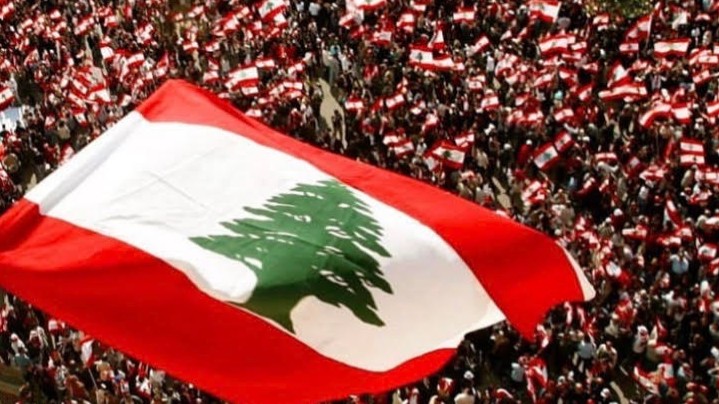Floods of demonstrators have taken to the streets of Lebanon to protest the dire living conditions the country has endured for decades.
Demonstrations began on the 17th of October, a number of days after Lebanon’s greenery had been ravaged by poorly managed fires, then followed by the governments suggestion to instil a new tax law on WhatsApp calls.
These protests are not related to the WhatsApp tax, but rather are fuelled by the stagnant economic conditions and worsening living conditions of one of the most heavily indebted states in the world.
Though shut down shortly after, these suggestions triggered sporadic protests across the country with demonstrators accusing the political class for pushing Lebanon to the edge of an economic collapse, and demanding the resignation of parliament.
Protestors have demanded an overhaul of the entire political system which they believe has been starving them for decades.
Reem Ezzedine, a student on the ground during these demonstrations said:
“We’re not here because of WhatsApp, we’re here because of our lack of electricity, the polluted water, the mountains of garbage” WhatsApp is just what tipped the scales for us.”
In what is one of the largest protests the country has seen in years, millions of protestors have taken to the streets of multiple cities including, but not limited to Saida, Beirut, Tripoli and Tyre.
Protestors from all sects, religions and ideologies have come together as one, partnering to achieve the same goal.
They are seen to be rejecting the violence commonly associated with protests and rather have enveloped themselves in festivities, performing traditional dances like the dabke, singing, playing games and collectively chanting the national anthem.
“There’s always a spur of revolutionary music” Ezzedine tells us, “we’ve never seen the country this united and it’s so beautiful”.
The revolution has also ignited sister protests in over 50 other cities around the world, with protestors in; Paris, London, Edinburgh, Toronto and more.
On the 19th of October, as a result of the demonstrations, four ministers from the Lebanese Forces Party, commonly allied with Prime Minister Saad Hariri, resigned from his cabinet. Demonstrators however remained resolute in their positions, demanding the resignation of the entire government. They are heard to be constantly chanting “Kellon yaane kellon” which translates to “all of them means all of them”.
Following these resignations, on the 21st of October, Prime Minister Saad Hariri announced a series of new reforms, including a 50% reduction in politician and minister salaries, and a new budget for 2020. He also vowed to not introduce any new tax laws for the citizens.

Ezzedine says that the Prime Minister has promised similar things “over and over again” with no real results. She notes that “the people have developed cognitive dissonance” and just want to see him resign and a new government come into place.
With youth unemployment being over 37%- causing students to leave the country immediately after graduation in hopes to find work, and the country being over $82 billion in debt, the people are angry.
As a result they are to continue protesting, demanding a change from the failing road infrastructures, recurrent blackouts, low salaries, expensive healthcare, unaffordable education, increasing levels of pollution and so much more.
Protestors have strengthened their stance, vowing to continue marching and declaring a general strike as a wholehearted rejection of Hariri’s new measures.
Image: Rami Rizk (via livelovebeirut on Instagram)

